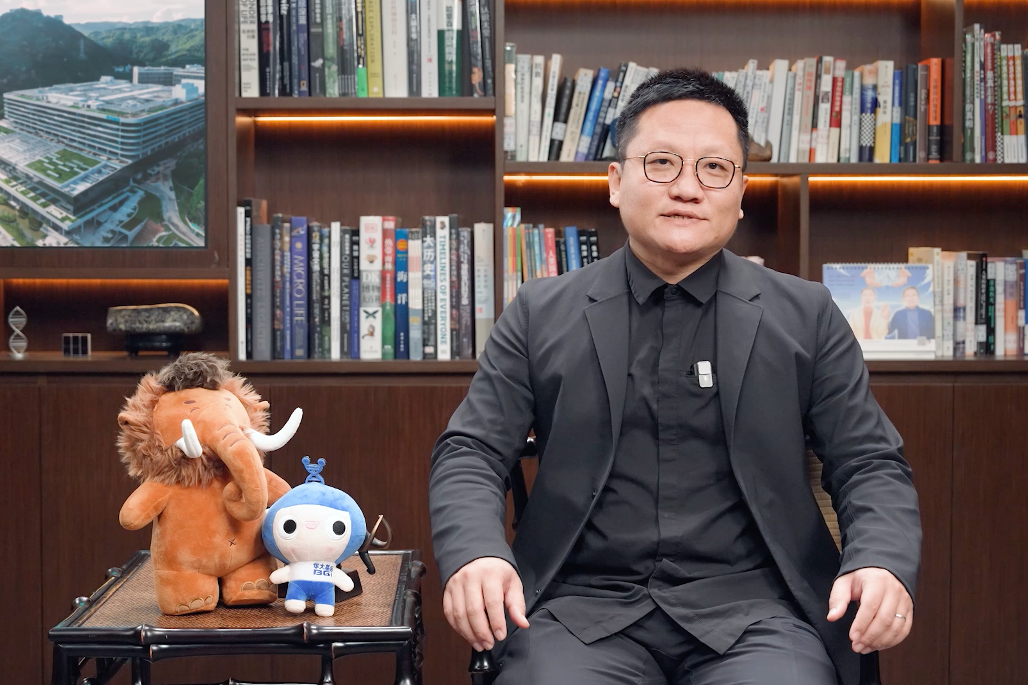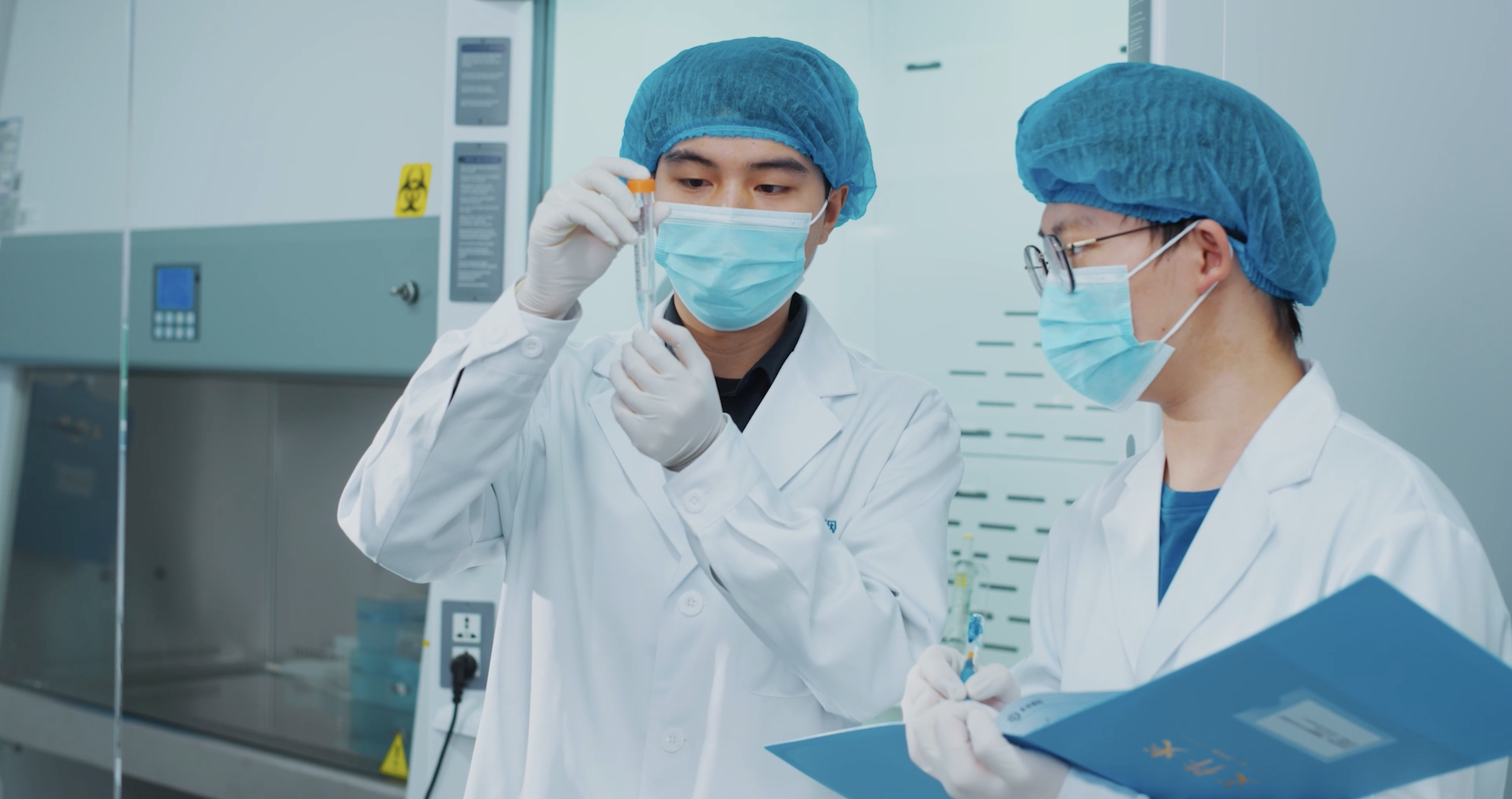Thalassemia is a rare, inherited blood disorder caused by mutations in the genes involved in hemoglobin production that cause the body to produce less hemoglobin than normal. The lack of hemoglobin leads to red blood cells not performing properly, leading to conditions ranging from mild to severe anemia and, in some cases, death.
While classified as a ‘rare disease,’ millions of people worldwide suffer from it. More than 300 million people around the world carry the thalassemia trait, which puts them at risk of having children with some form of thalassemia.
Traditionally, treatment options for thalassemia have focused on blood transfusions, with regular transfusions replacing the defective red blood cells with healthy ones. However, over time blood transfusions cause a build-up of iron in the blood which can damage heart, liver and other organs.
As an alternative treatment to blood transfusions, the emerging field of gene therapy offers tremendous hope for thalassemia patients, eliminating their dependence on blood transfusions, and BGI Group is a leader in this area.
 Dr. Yin Ye, CEO and Executive Director of BGI Group
Dr. Yin Ye, CEO and Executive Director of BGI Group
Dr. Yin Ye, CEO and Executive Director of BGI Group, explains: “Gene therapy is a life-changer for many thalassemia patients that require lifelong regular blood transfusions.” By using this therapy BGI has helped five children with severe thalassemia to successfully achieve transfusion independence. One of them has been leading a normal life for over three years without blood transfusion.
Gene therapy provides a functional copy of the mutated or missing gene involved in hemoglobin production. In doing so, it seeks to restore normal hemoglobin production and alleviate the symptoms of thalassemia.
BGI Group independently developed its gene therapy response as Dr. Yin explains: “The therapy first extracts the patient’s blood stem cells that carry the defective gene. Using a lentiviral vector, a self-inactivating virus, healthy genes that can produce hemoglobin are injected into these cells. The new modified stem cells then are infused back into the patient’s bloodstream.
Another strategy for tackling thalassemia is to use allogeneic stem cell transplantation. “This treatment uses healthy stem cells from a donor to replace a patient’s defective cells,” explains Dr. Yin. “The success of the procedure depends on many factors, including whether the patient can find a matched donor.”
BGI Group is a co-founder of the Hua Foundation which provides matching tests globally to patients with severe thalassemia for free. As of December 2023, the Foundation has provided tests to 20,343 cases and successfully found complete matches for 728 patients.
 BGI laboratory technicians are examining test results.
BGI laboratory technicians are examining test results.
Since thalassemia is an inherited disorder, pre-natal testing can help parents understand the risk of their children having thalassemia and its likely severity. “Our tests can detect 508 types of thalassemia variants with low cost and a high degree of automation,” says Dr. Yin.
Scientific collaboration is critical in advancing thalassemia research, diagnosis and treatment. Around the world BGI Group is working with a number of countries including Thailand, Malaysia and Saudi Arabia to provide thalassemia testing and treatments.
Dr. Yin is optimistic about the future: “It is our belief that with continued research, breakthrough technologies, patient education and global cooperation, we will be able to see a future where rare diseases can be managed more effectively or perhaps even eradicated.”
This belief, backed up by the successes of new and innovative treatments, offers enormous hope to the hundreds of millions of people who carry the thalassemia trait globally.



